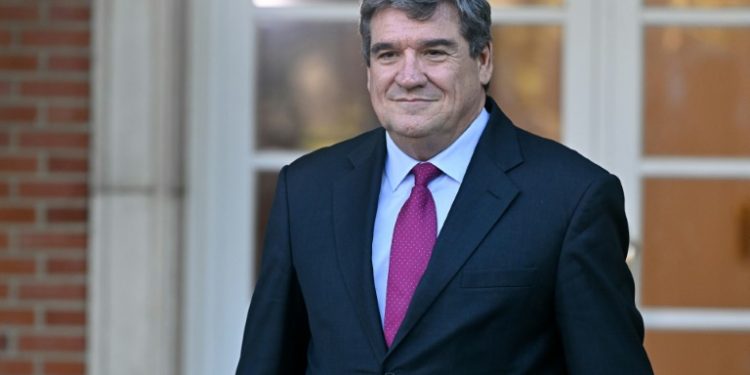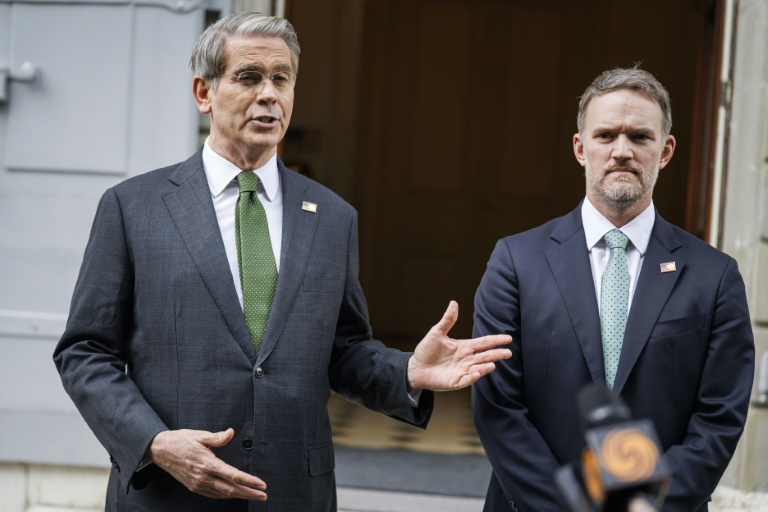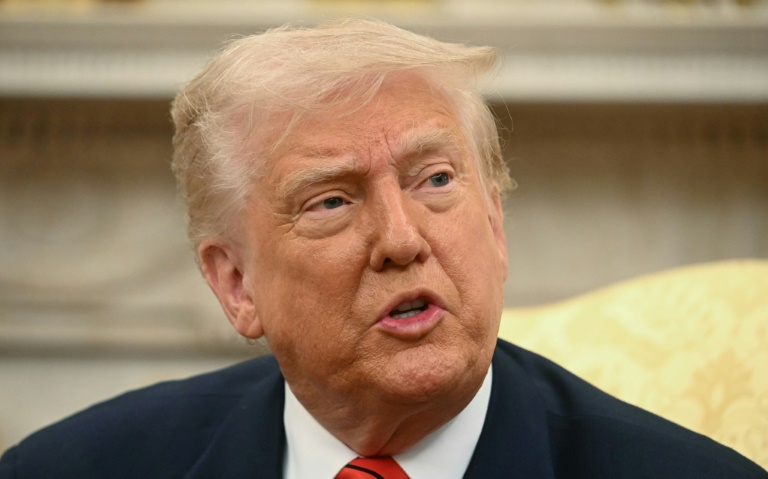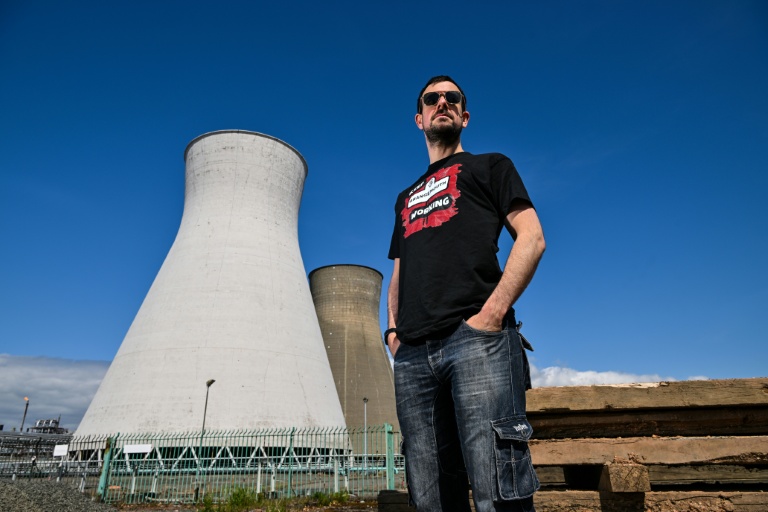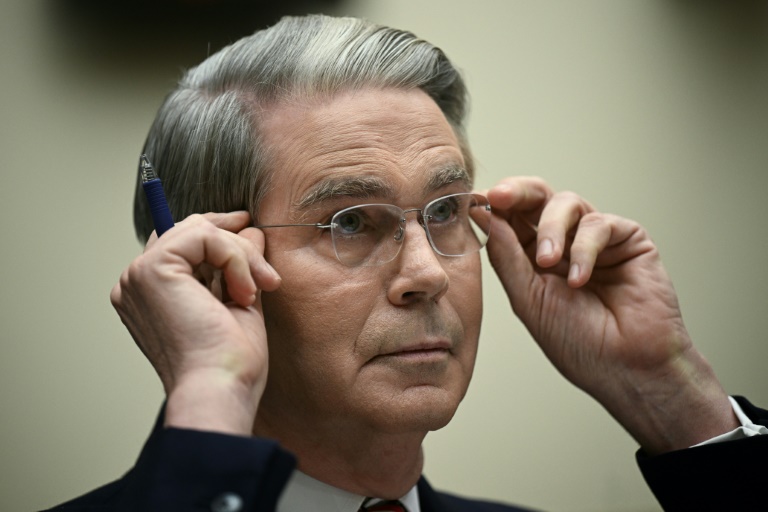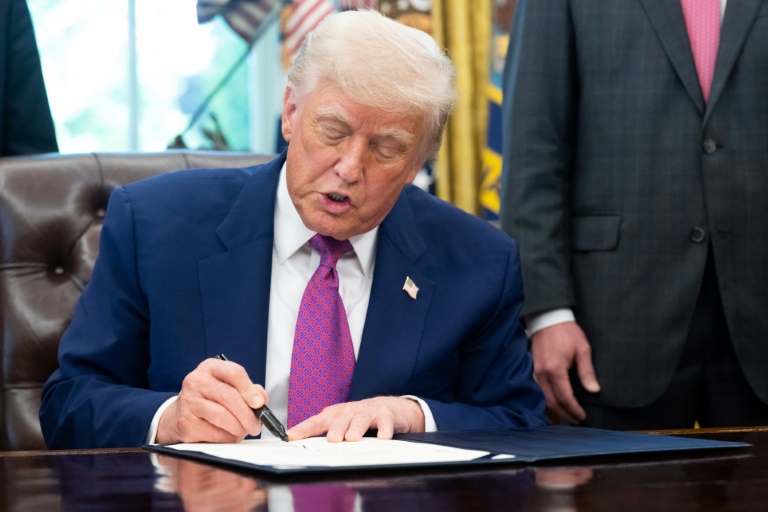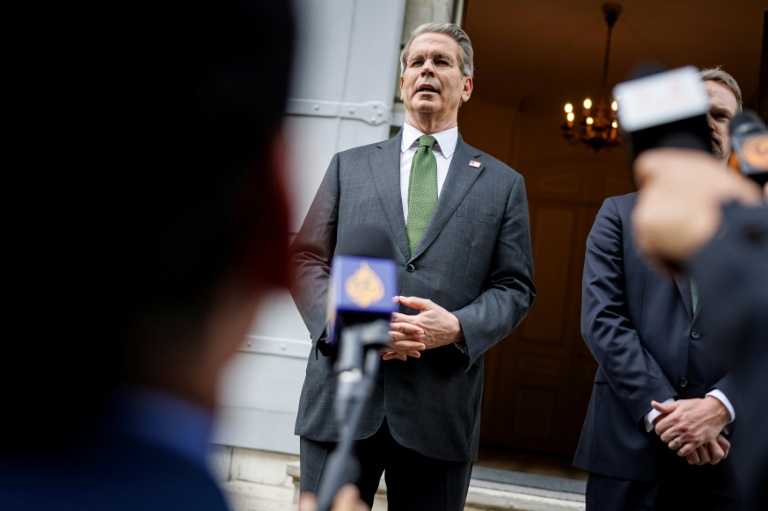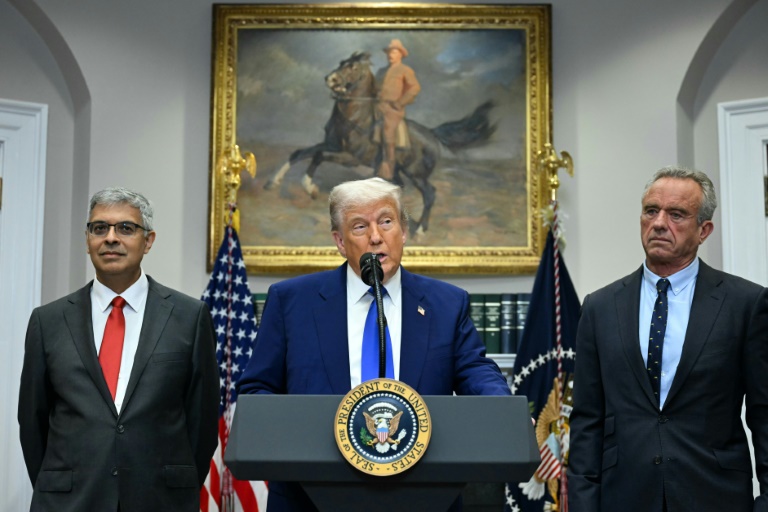Madrid (AFP) – Spanish Prime Minister Pedro Sanchez on Wednesday appointed his minister for digital affairs, Jose Luis Escriva, as the Bank of Spain’s new governor, raising concerns about the central bank’s independence. Escriva will succeed Pablo Hernandez de Cos, who stepped down after his term expired in June. Economy Minister Carlos Cuerpo described him as the “ideal candidate” for the post, citing his “extensive experience in numerous public and private organisations.”
The choice of the new Bank of Spain governor had been delayed because Sanchez’s leftist government and the main opposition group, the conservative Popular Party (PP), have failed to reach an agreement on a candidate. While the government has the right to pick the central bank governor, Spanish tradition dictates that this decision should be made in consensus with the main opposition party, which then selects the deputy governor. As in other European nations, the post has generally been held by a leading economist or technocrat, rather than active politicians.
Sanchez praised Escriva’s qualifications, calling him “one of the best economists our country has, one of its leading experts in monetary policy.” He stated, “Very few economists have the knowledge, the experience, and the statesmanship of Jose Luis Escriva,” during a brief televised address. He emphasized that the Bank of Spain would gain a great governor, which would ultimately strengthen the Spanish economy.
However, the head of the PP, Alberto Nunez Feijoo, accused the government of attempting to “hijack” the central bank with Escriva’s appointment. He expressed concerns by stating, “The fact that the government is appointing a minister as governor is very damaging for the independence of the Bank of Spain,” warning that the institution could be “discredited.”
PP spokesman Borka Semper characterized the decision to appoint Escriva as “unprecedented.” He highlighted the potential conflicts of interest, saying, “As governor of the Bank of Spain, Mr. Escriva is going to supervise Mr. Escriva’s own management when he was a member of the government.” The appointment was also met with criticism from the left. The spokesman for the hard-left party Podemos, Pablo Fernandez, accused the government of “positioning its pawns” at the bank, adding that Escriva’s nomination “is not democratically sound.”
An economist by training, Escriva, 63, began his career at the research department of the Bank of Spain before moving to the European Central Bank and then BBVA, Spain’s second-largest private bank, where he became head of research. He joined Sanchez’s government in 2020 as social security minister and oversaw an overhaul of the pension system, along with the introduction of a minimum basic income scheme that tops up the revenues of the lowest income earners. Escriva was appointed digital affairs minister last year.
His appointment will be formalized by decree on Thursday, according to a government source, meaning it will not need to be approved in parliament, where Sanchez’s coalition government lacks a majority. As the chief of the Bank of Spain, Escriva will become a member of the European Central Bank’s governing council. The Bank of Spain has been led on an interim basis by Deputy Governor Margarita Delgado, whose three-month mandate cannot be extended beyond September 11.
© 2024 AFP

